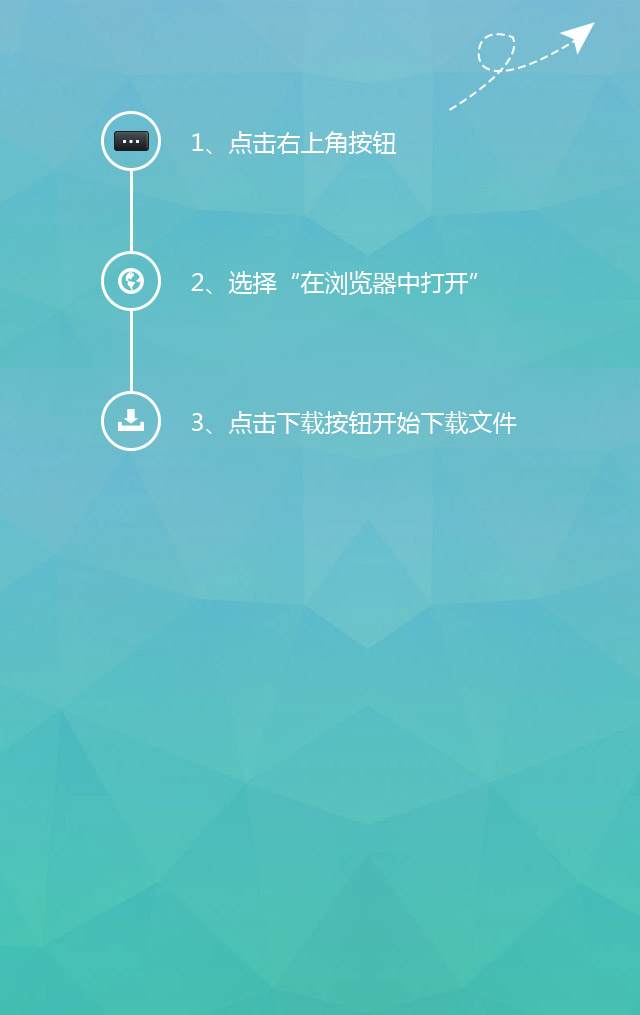The inflation pressure in 2018 deserves attention, and the global economy will become the strongest in seven years
In 2018, there is a potential asset price recovery, and there is a key risk that the asset price will be underestimated.
The global purchasing managers' index (PMI) data shows that the production side inflation is coming.
Investors expressed concern that inflation would remain moderate.
Recently, data from all over the world clearly show that the increase in producer prices has accelerated.
This led bond investors to start betting that consumer inflation might soon arrive, and the breakeven rate of the United States exceeded 2% for the first time in March.
This change will be a huge change for those complacent investors. In the past few years, despite the constant panic of rising prices, economic growth has been slow, wages have declined, technology and demographic structure have changed, and inflation has been curbed.
Although few people believe that it will grow rapidly in the short term, even a small rise in prices will have a huge impact on market sentiment and change the mainstream public opinion.
Peter Bookvar, chief financial officer of Bleakley financial Group, headquartered in New Jersey, said: "There is a view that inflation no longer exists."
"But we are beginning to see - for example, in the PMI survey - a lot of discussion about inflation pressure. For the market, inflation is a valued risk in 2018."
On Wednesday, there were the latest signs of price pressure.
The American Institute of Supply Management (ISM) said that the manufacturing industry in the United States expanded at the fastest rate in three months in December, which was the strongest year since 2004 because of the record breaking increase in orders and production.
The price index rose to 69 from 65.5 last month.
Manufacturing industries around the world say they find it increasingly difficult to keep up with demand, which may force them to raise prices, because this year's global economy seems to be the strongest year since 2011.
On Tuesday, China, Germany, France, Canada, the United Kingdom and other countries released purchasing managers' indexes that pointed to deeper supply constraints.
Another factor threatening consumer inflation is the rise in the price of raw materials from copper to cotton in recent months, which makes the real price of commodities return to the long-term average level from the perspective of the United States.
On Thursday, the Bloomberg Commodity Index rose 0.1%, the 15th consecutive month of gains, while oil prices continued to climb from their highest closing level in three years.
Some new signs indicate that consumer inflation has accelerated.
Last week, Germany's consumer price index (CPI) was higher than expected at 1.7%.
According to the data of Leuthold Group, a Minneapolis investment company, in the Organization for Economic Cooperation and Development (OECD), the core prices of about two-thirds of countries increased year on year.
Policymakers have noticed that as the Federal Reserve lowers its economic stimulus plan, analysts expect the Federal Reserve to raise interest rates three times this year.
Benoit Coeure, member of the Executive Committee of the European Central Bank, said in December last year that the latest extension of its quantitative easing program may be the last.
Robert Sinche, global strategist of Amherst Pierpont Securities, said: "This will be a more difficult environment, especially in the bond market in the second half of this year." He expects the Federal Reserve to raise interest rates four times this year, and other central banks will also cut interest rates.
For Dennis Debushere, Head of Portfolio Strategy at Evercore ISI, inflation has been a key driver behind the global market rally over the past few years.
According to Debusschere, if investors' concern about inflation intensifies, causing a wave of premium raw materials to rise - that is, compensation for holding long-term treasury bonds in a short period of time - the stock market rebound may be overturned.
Evercore research shows that as low bond yields increase the relative attractiveness of stocks, P/E ratios tend to rise with lower premiums.
At the same time, Deutsche Bank's previous research showed that when the S&P 500 index fell 2.5%, its standard deviation increased by 1.
"While commodity prices are rising and the willingness of capital expenditure is accelerating, wages are also increasing, which means that investors will face a comprehensive inflation background in 2018." Jefferies Group LLC stock strategists led by Sean Darby wrote in a report on Tuesday.
Recommend
-

-

QQ Zone
-

Sina Weibo
-

Renren.com
-

Douban

